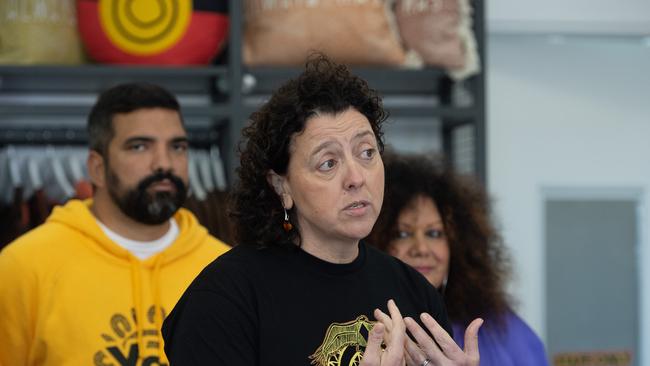Voice referendum result: Teal seats back change but vote tightens
The seven teal seats have backed Yes but the vote in two electorates has tightened, including Mackellar in Sydney and Curtin in Western Australia.

The progressive teal seats have voted strongly for constitutional change with the seven electorates backing reform but support has tightened in two key seats.
The four high profile NSW teal seats backed change but in the Sydney seat of Mackellar the vote has narrowed significantly with now just 50.5 per cent voting Yes.
The trend in late counting, which factors in prepolls, has been towards the No vote.
However, the overall picture in the inner city teal seats is clear support for the Yes vote.
In the seaside West Australian teal seat of Curtin, the Yes vote is running at 51 per cent.
Despite the tight vote in these two seats, the general picture is of stroing support in the remaining five teal seats.
As did the two Victorian seats, reflecting a surge of support in the inner city, which was against the broad national tide.
The seat of Wentworth in Sydney backed change with a strong 59 per cent, followed by Warringah (59 per cent), North Sydney (59.6 per cent) and the seat of Mackellar (50.5 per cent).
In Victoria, the inner eastern seat of Kooyong voted 59.9 per cent yes, with Goldstein, the bayside electorate, at a touch over 56.7 per cent. The numbers were updated by the AEC in the early hours of Sunday.
The result will bolster the optimism among teals that the mainly inner, wealthier seats have moved left on the biggest social change proposed in this term of parliament.
Of the seven teal seats, Curtin was considered the toughest territory for the teals.
In Victoria, state leader John Pesutto backed the no vote, despite strong support for change in the inner east. He holds the seat of Hawthorn, which is part of Kooyong.
There appears to be a clear differentiation between wealthy inner seats and other electorates, underpinning the challenge for Liberals wanting to win back these crucial seats.
However, the next federal election will not be fought on the referendum, which appears to have been crowded out at least in part by cost of living issues.




To join the conversation, please log in. Don't have an account? Register
Join the conversation, you are commenting as Logout